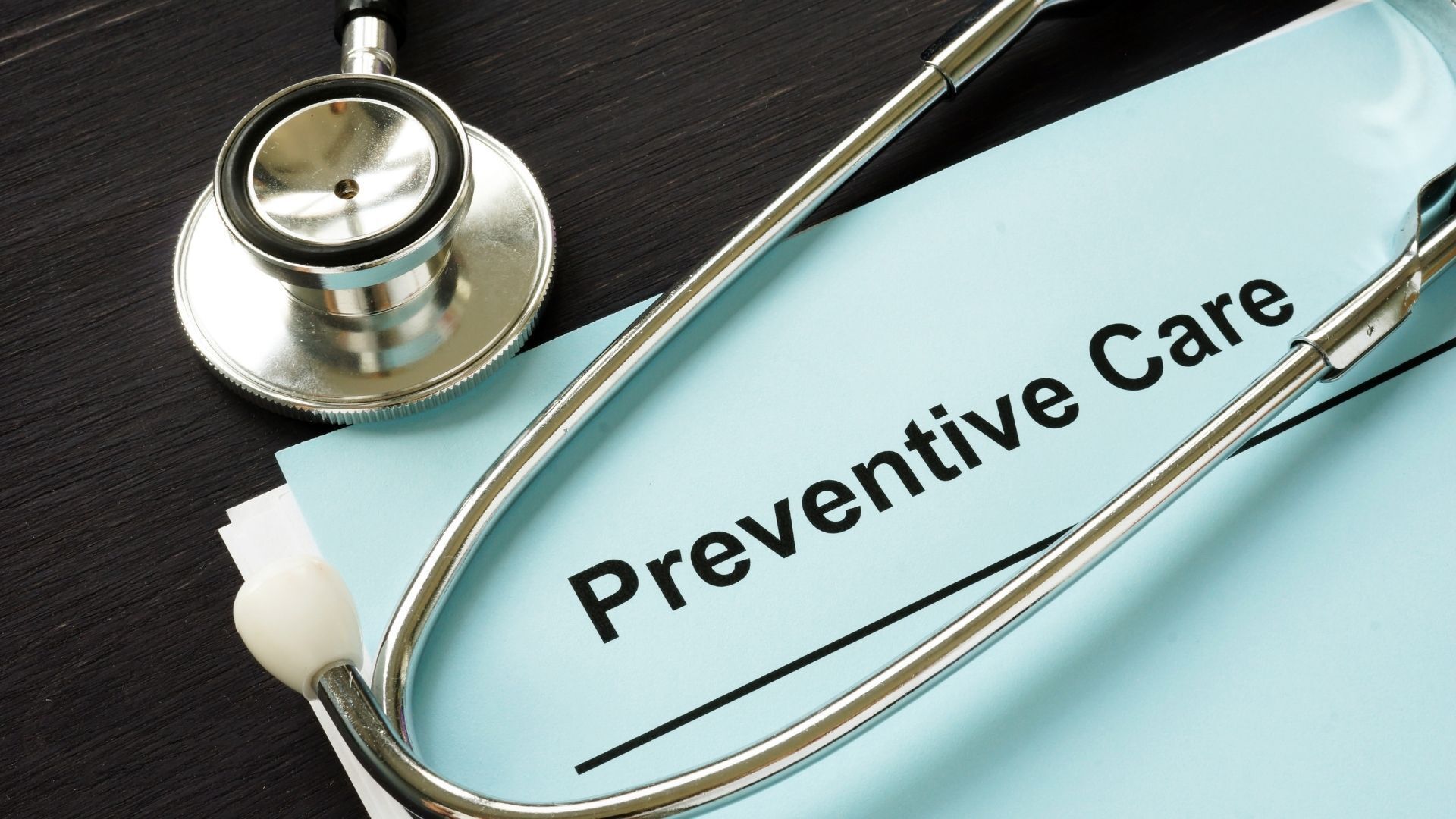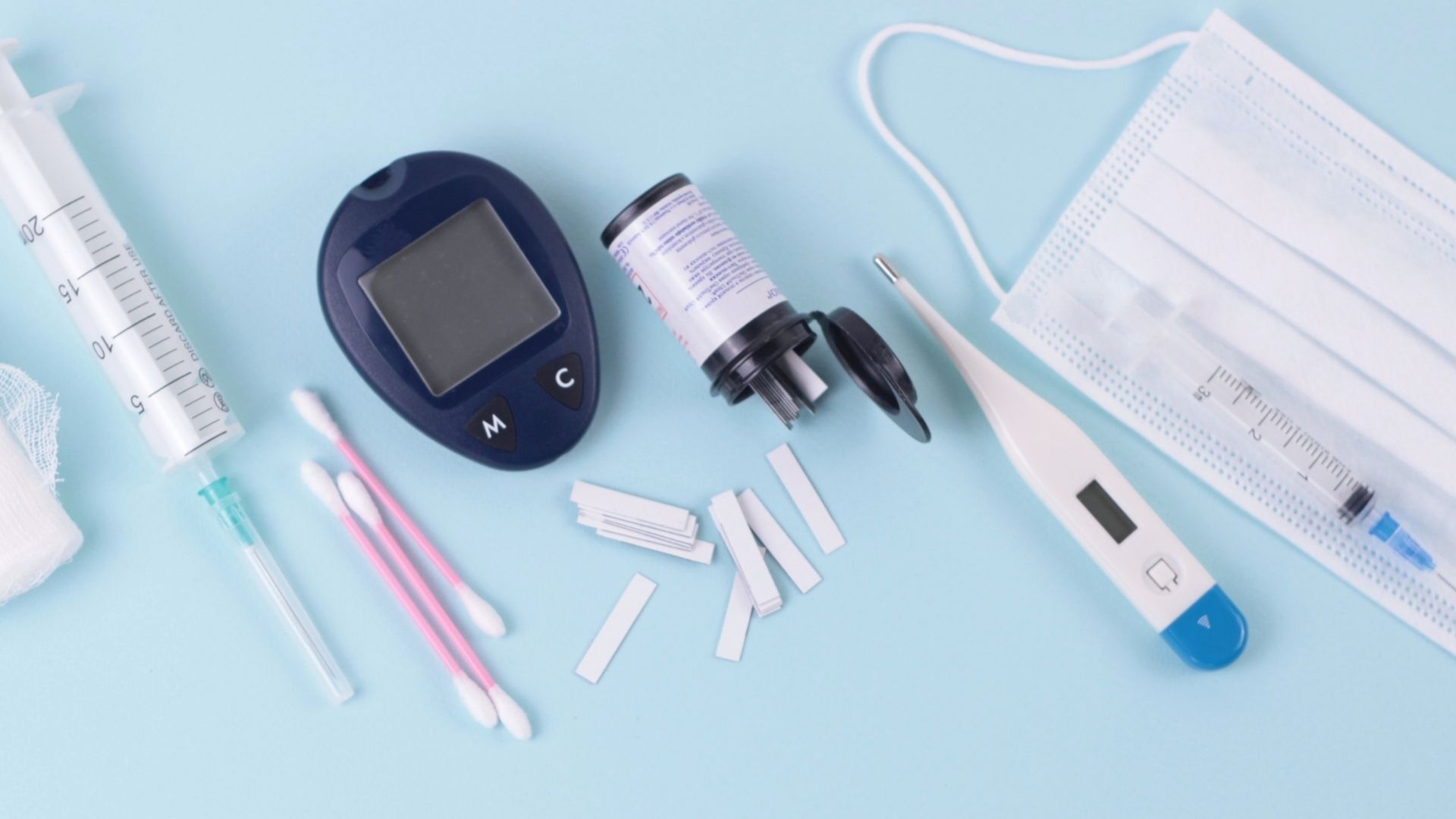What Is Preventive Care?
The human body works in miraculous ways. The 11 main organ systems, 78 major organs, 206 bones, and everything in-between work together to give humans the gift of sight, sound, smell, touch, taste, emotion, consciousness, feelings, opportunity, and perhaps most importantly, life.
While the human body is astounding in more ways than just one, it’s far from perfect and is prone to experiencing health problems. Sometimes this is due to the natural aging process that all of us are subject to, while other times it’s due to outside factors that easily could’ve been prevented.
We all have the same goal in life and that’s to achieve optimal health and wellness for as long as humanly possible. Unfortunately, most of us don’t have the experience, knowledge, training, equipment, and guidance needed to properly monitor and manage our health long-term.

So, what is preventive care?
Preventive care, much like the term suggests, aims to prevent disease, illness, sickness, and other health conditions through various measures, tests, exams, and lifestyle changes. With quality preventive care, patients can monitor and manage their health and wellness long-term.
Also known as prophylaxis, preventive healthcare is generally achieved through regular physical exams and screenings. A routine checkup gives your doctor an opportunity to observe your health over a longer period of time, which results in better recommendations and suggestions.
The goal behind preventive healthcare is to prevent health concerns before they become a problem. They often say that early detection is the best prevention and that’s 100% achievable with quality preventive care – and Good Samaritan LV is prepared to help you get there.

Preventive Care Services for All Adults
There are a number of preventive services that are more specific to the adult population. They’re designed to help detect and prevent certain diseases and conditions that are common among adults, especially those with certain lifestyle choices, habits, and other risk factors.
Some of those services include screenings for alcohol misuse, blood pressure screening, cholesterol test, depression, diabetes, aspirin use, Hepatitis B and C, HIV, lung cancer, STDs, obesity, syphilis, tuberculosis, and tobacco use screening. Your doctor might request blood tests, imaging, and other exams if needed.
In addition to screenings, preventive care usually includes immunizations for chickenpox, flu shot, Hepatitis, measles, mumps, rubella, shingles, tetanus, and Human Papillomavirus (HPV). Other forms of preventive care might include medication, counseling, guidance, and much more.

Preventive Care Services for Women
In addition to the preventive services listed above, there are a number of services that are more specific to the female population – especially those that are pregnant. They’re designed to closely monitor the female body and ensure optimal health for both the female and the baby.
Some of the preventive services for women include screenings for bone density, breast cancer screenings, cervical cancer, chlamydia, diabetes, gonorrhea, HIV, urinary incontinence, and tobacco use. They might also include domestic and interpersonal violence screening and counseling.
Some of the preventive services for pregnant women include birth control, breastfeeding support, folic acid supplements, and screenings for gestational diabetes, Hepatitis B, maternal depression, syphilis, gonorrhea, Rh incompatibility, preeclampsia, and urinary tract infections.

Preventive Care Services for Children
We’ve talked about preventive services for women and adults in general, but we can’t forget about the children – after all, they are the future and they rely on us to keep them healthy throughout their childhood. With preventive care, your child is set up for a healthy future.
Some of the most common preventive services for children include screenings for autism, behavioral assessments, bilirubin concentration, blood pressure, dyslipidemia, hearing, developmental screening, hypothyroidism, vision, HIV, Hepatitis B, and oral health.
Preventive services for children might also include immunizations chickenpox, diphtheria, tetanus, pertussis (DTaP), Hepatitis, HPV, Inactivated Poliovirus, influenza, measles, meningococcal, mumps, pneumococcal, rubella, rotavirus, and much more.

Services That Aren’t Usually Covered Preventive Services
Preventive services cover a lot of ground and are instrumental to achieving optimal health in your life. With that said, there are a number of services that aren’t included in the ‘preventive care’ sector and it’s important you understand that – especially if you have health insurance.
For example, alternative therapies (acupuncture, massage, chiropractic, etc.) generally aren’t considered preventive care – at least in the eyes of most health insurance companies. Not only that, but specialist visits, diagnostic tests, and additional primary care visits aren’t included.
A good way to think about it is that preventive care is designed to prevent and detect health concerns, while diagnostic services are designed to diagnose those concerns. Once a diagnosis occurs, a tailored and personalized treatment plan is created to initiate recovery.

How Often Should You Seek Preventive Care?
As a general rule of thumb, we recommend scheduling an annual, routine visit with your primary care physician – unless they note otherwise. They’ll likely ask you a number of questions to get an idea of your current lifestyle and will order a number of routine tests to analyze your health.
We also recommend you do the same with your dentist and ophthalmologist to further evaluate your eye health and oral health. An annual visit gives your doctor an opportunity to monitor and manage your health long-term. They not only help detect problems but diagnose and treat them.
Read more: Questions to Ask Your Doctor During a Checkup
There are some instances where your doctor might want to see you more frequently than once per year. This is especially true if you’re at an increased risk of certain health concerns and becomes more common as you age. We all want to stay healthy and these annual visits help.
Schedule Your Next Visit With Good Samaritan!
Achieving optimal health and wellness is something we all hope for. Unfortunately, most of us don’t have the necessary experience, knowledge, and guidance to get there. The good news is you don’t have to do this alone and there are a number of people out there willing to help.
If you’re interested in better monitoring and achieving your long-term health goals, Good Samaritan is prepared to assist you. With preventive health services, Dr. Shaun Jang, MD and his team are excited to extend their knowledge to you and your family. Contact us today!



